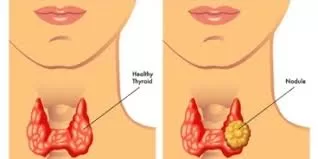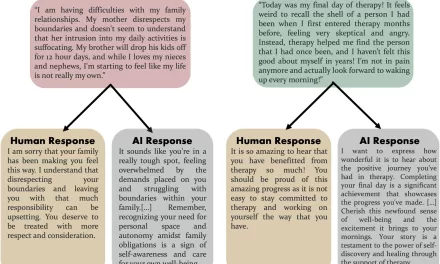
In a stark warning, Professor Alfredo Carrato, the chairperson of Pancreatic Cancer Europe, has declared a health emergency, citing mortality rates exceeding 90%. Pancreatic cancer, currently the seventh most common cancer in Europe, is predicted to become the second leading cause of cancer mortality by 2030, highlighting the urgency of addressing the challenges associated with this devastating disease.
Despite its prevalence, pancreatic cancer ranks as the fourth leading cause of cancer-related deaths in Europe, trailing behind lung, colorectal, and breast cancers. The prognosis is grim, with life expectancy at the time of diagnosis averaging a mere 4.6 months, and only 3% of patients surviving beyond five years.
Several factors contribute to the alarming statistics associated with pancreatic cancer, including a lack of awareness, difficulties in diagnosis, the absence of screening programs for the general population, poor survival rates, and limited treatment options. A systematic analysis published in The Lancet in 2024 revealed that individuals in Western Europe are more likely to develop pancreatic cancer than those residing anywhere else in the world.
Professor Carrato, an emeritus professor of medical oncology at the University of Alcalá, Madrid, attributes the high incidence to lifestyle factors prevalent in Europe. These include obesity, sedentary behavior, excessive red meat consumption, and alcohol intake. Other risk factors include smoking, diabetes, chronic pancreatitis, and a family history of the disease.
Pancreatic cancer is notorious for its asymptomatic nature, making early detection challenging. Symptoms, when they do appear, are nonspecific and often manifest as back pain, weight loss, and nausea. The difficulty in identifying the disease at an early stage contributes to the dismal prognosis.
Despite advancements in medical therapies for various cancers, pancreatic cancer remains a formidable challenge, with only about 20% of patients being suitable candidates for surgery that could extend their lives. The recurrence of cancer in two-thirds of surgical candidates further complicates treatment strategies.
Efforts to combat pancreatic cancer are underway, with Pancreatic Cancer Europe advocating for increased awareness and primary prevention programs to modify lifestyle risks. However, challenges persist in implementing effective screening for the general population, leaving a significant portion of individuals without early detection options.
Encouraging developments include initiatives like the European PANCAID project, which aims to identify biomarkers through liquid biopsy for screening high-risk groups. The PANCAIM project, funded by the European Union, employs artificial intelligence (AI) to detect small cancers in CT scans, potentially increasing the number of patients eligible for surgery.
Despite these advancements, experts emphasize the need for more research funding and a collaborative, centralized approach to improve cancer care. Reference centers, increased prevention efforts, better diagnosis, and treatment strategies are crucial to addressing the rising incidence and mortality rates of pancreatic cancer. Professor Carrato stresses the urgency of the situation, emphasizing that real progress is essential to reverse the alarming trajectory of this deadly disease.











